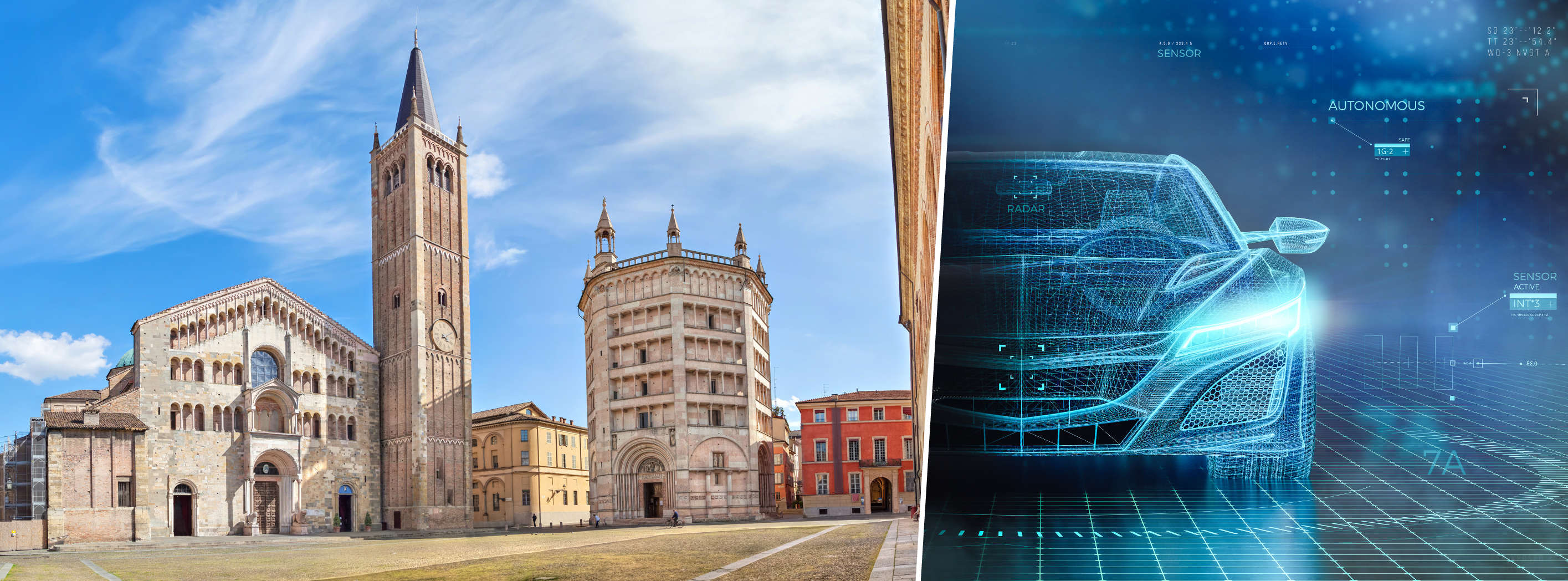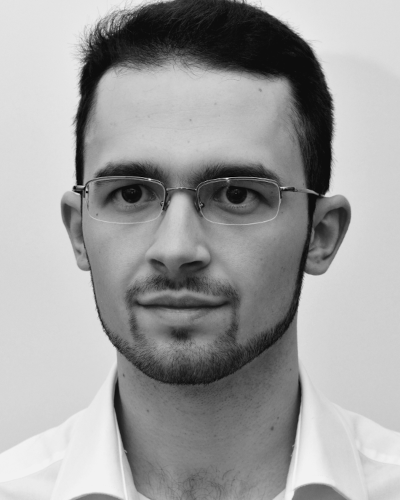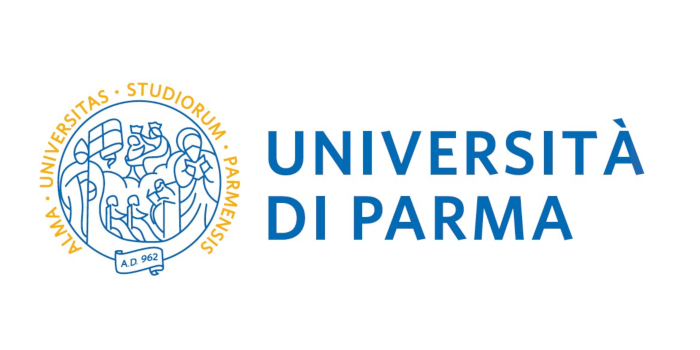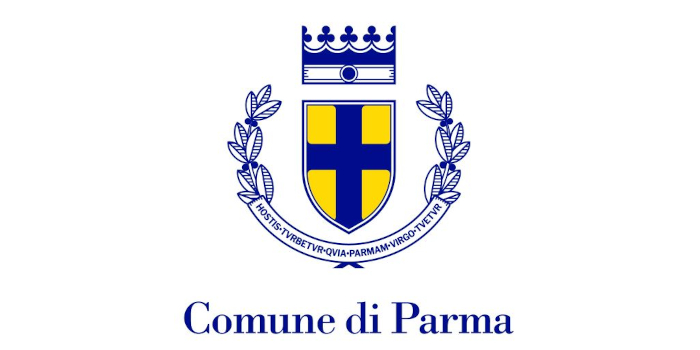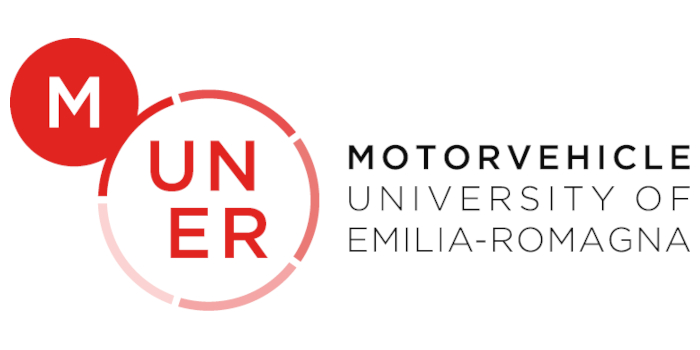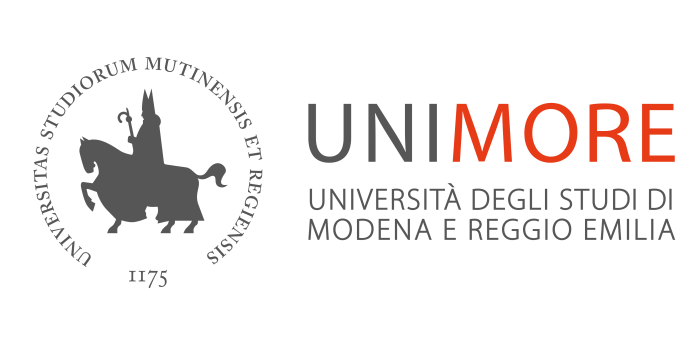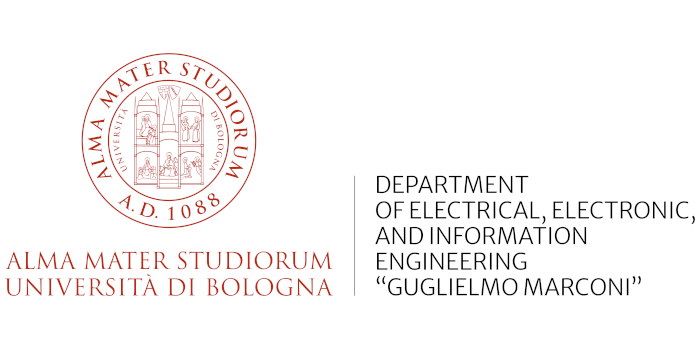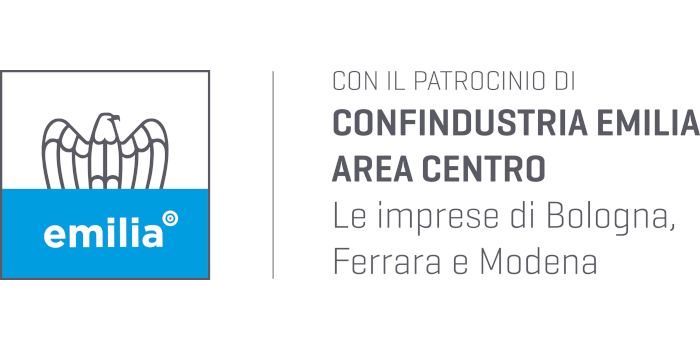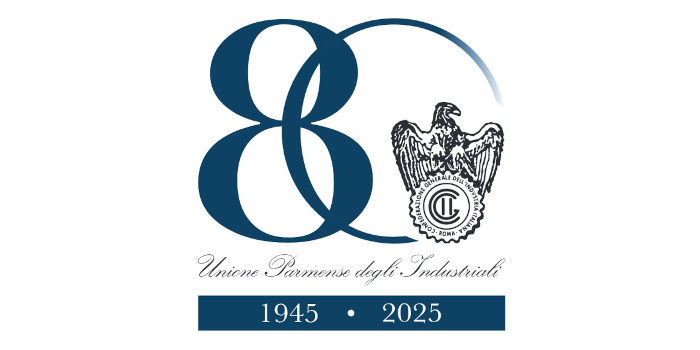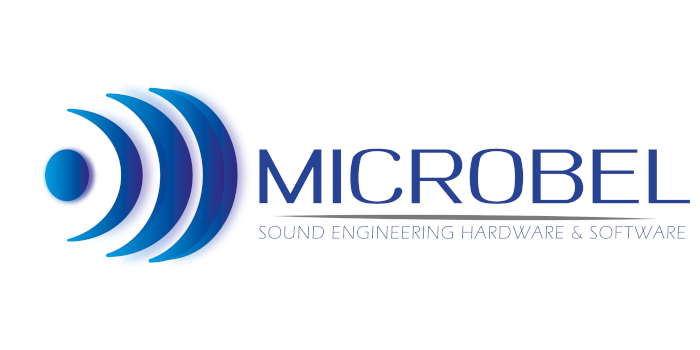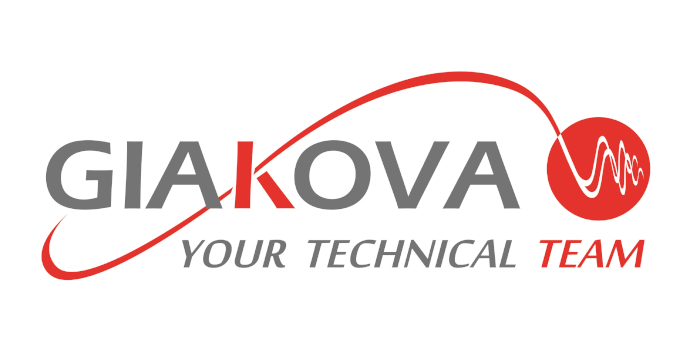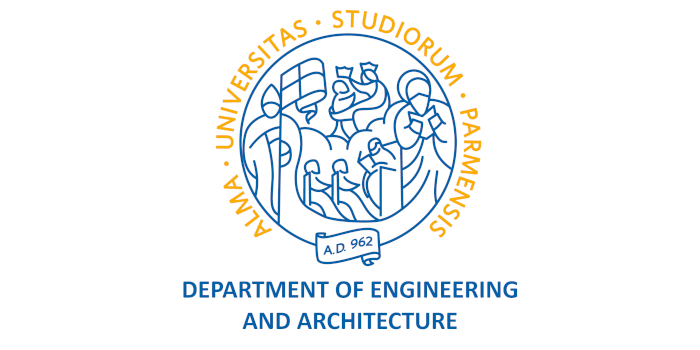SPECIAL SESSION #5
In-circuit Sensing for Automotive and Industrial Applications
ORGANIZED BY
Alessandro Soldati
University of Parma, Italy
Alex Musetti
University of Parma, Italy
ABSTRACT
The need to improve automotive and industrial systems and components calls for new sensing solutions, exhibiting an unprecedented cost-complexity-benefits balance. This well matches the increasing computational capabilities of modern embedded electronics, opening up a plethora of new sensing schemes for many quantities, some of them even hidden or almost impossibile to access directly, such as power switches or electric motor temperatures.
In this scenario, in-circuit sensing, as opposed to laboratory-grade measuring equipment, plays a key role, both in terms of adoption of the sensing solution in production environment, as well as in system cost reduction. In-circuit sensing, foreseeing an entire processing of the measured quantities in the final application circuits, poses relevant challenges in terms of computational burden, software-hardware balance, accuracy, resilience in noisy enviroments.
TOPICS
Hence, the topics welcomed in this special session would cover the following areas, without being limited to them:
- In-circuit characterization of power semiconductor devices;
- Temperature-sensitive electric parameters (TSEP) for indirect junction temperature sensing in power devices;
- Sensing solutions for the monitoring of the state of health of electric machines in their operating environment (vibration, noise, current signature, …);
- Processing solutions for data affected by noise, as typical for automotive and industrial applications;
- In-circuit characterization (via BMS or similar) of electrochemical cell electric parameters;
- Sensor fusion and estimation algorithms for hidden quantities (motor parameters, mechanical quantities of a rotating system, …);
- Accuracy improvement techniques for measurements with limited hardware (dynamic filtering, equivalent-time sampling, …).
ABOUT THE ORGANIZERS
Alessandro Soldati is a researcher at the University of Parma in the fields of Power Electronics and Energy Engineering. In 2017 he cofounded the spin-off company eDriveLAB for vehicle electrification, and was a visiting scholar at Aalborg University, DK. In 2018 he discussed his Ph.D. thesis about an innovative gate driver that can boost lifetime of power electronics devices.
His research interests are related to the thermal management of power semiconductor devices, drives for permanent-magnet-free electric motors, control of power electronic converters, innovative sensing solutions for industrial environments.
He was the principal investigator of a project funded by Interreg ADRION and is currently local responsible for a PRIN project, funded by the Italian Ministry of Research, as well as Principal Investigator of a PNRR project (NexGenerationEU). He is coauthor of 44 scientific peer-reviewed papers and inventor of six granted patents.
Alex Musetti received the B.Sc. degree in Informatics, Electronics and Telecommunications Engineering and the M.Sc. degree in Electronics Engineering from the University of Parma, Italy, in 2018 and 2021, respectively. Currently, he is a Ph.D. Student in the power electronics group at the same university. His research interests include Active Gate Drivers, and Design and Control of power converters.

